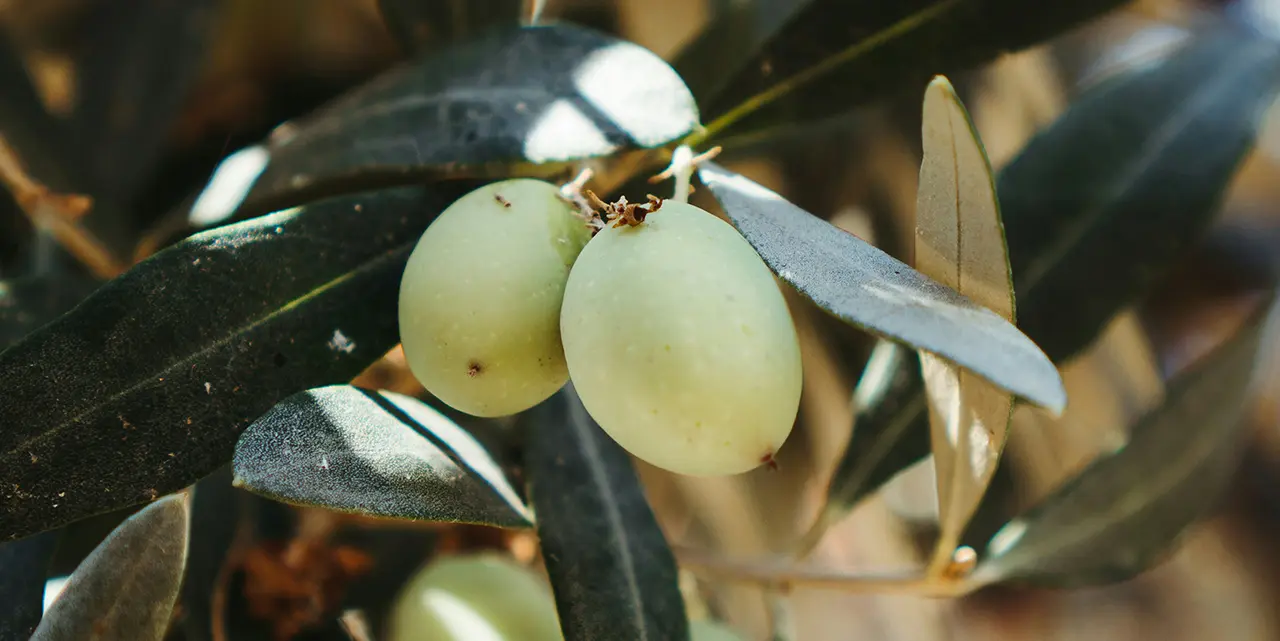Originally, humans ate what was available, when it was available, but as we began to develop, and technology progressed, we learned how to manage, growing produce outside of its regular availability. However, it doesn't take a genius to realise, strawberries in Winter rarely live up to their tasty sweet & nutritious potential. It way well suit commercial entities to extend the seasonality of produce, but it does little for the palate. When produce is in 'season', it simply means that at that particular time of the year it is at its prime, in terms of flavour, availability and nutrients. Seasonal food is without doubt, at its peak and this is reflected in its health benefits, flavour, availability and therefore, ultimately, its price, Making it more beneficial to eat that particular piece of produce when it's in season and more abundant than it is outside of its season...
Health
The Department for Environment, Food & Rural Affairs - in the UK conducted a study on the nutritional makeup of Milk. It showed that Milk from the summer months, as opposed to its counterpart from the winter months, was nutritionally quite different, mainly because of the cows' diet during these periods. Cows ate more fresh plants in the summer, and so the Milk had a better nutritional composition as opposed to the winter when they ate more dry hay and grains, producing Milk that was lacking the same nutrients as Milk from the summer months. The Japanese Government commissioned studies that also discovered; Spinach harvested outside of its natural season had significantly different nutritional content than that of Spinach harvested in the summer. As well as that in order to maintain any form of "Supermarket quality standards" farmers believe they have to cover produce in pesticides, waxes and preservatives, things that have been proven to be detrimental to our health, so why would you want to support this methodology? These chemicals are also designed to extend shelf life, which unfortunately seems to reduce nutritional content. The University of California did a study of Spinach and French Beans and found that they lost almost 66% of their nutritional value [ in particular vitamin C ] within a few short days of harvest. So once its sat on transport for a few days and then the shelf of your local store… how much nutritional value does it hold by the time it gets to your kitchen?
Local Support
Its always good to support local farmers and producers, knowing that they grow produce responsibly with respect to the seasons is incredibly satisfying. Your purchases help the local economy, and a relationship can be built that's beneficial to both parties. The current Supermarket philosophy isn't one that can be maintained for much longer, and indeed things are beginning to change, but interaction with your local farmer or a supplier that deals with local farmers is always a good thing, and it's sustainable. Most farmers and producers are responsible in the way they produce items but there are still a few that neglect this responsibility and as this is the case it will always help to ask the purveyor 'if it has been sprayed'. - If nothing else this makes the purveyor aware that his customers need more responsible production and selection.
Environment
Chemicals, unnatural methods of production and a lack of respect for the environment is never a good thing, supporting seasonal and local produce is just one way to do your bit for the environment, it limits the damage created by shipping, transport and the movement of foodstuffs across huge distances. The energy needed to do this and to refrigerate them on their journey is, without doubt, causing too many issues. Seasonal fruit and vegetables are also much easier to preserve, bringing with it a plethora of techniques and skills we've almost forgotten.
The Challenge
As any chef worth their 'Salt' will tell you it's an awful lot more challenging to write a good, well balanced, interesting menu in the winter months, using only produce available locally in season than it is to write one from imported staples... So as a chef it will stretch you and make you a better professional.
Financial
For me perhaps the greatest benefit of eating seasonally is the annual burst of flavour a new season brings with it?… the excitement of asparagus for a short few weeks, or the delight in the sweetness of the summer strawberry. But the pragmatic chef in me probably believes the abundance of produce that seasonality brings is by far the best inducement; prices fall as produce becomes more readily available. If that's not enough of an incentive to make you dash down to your local producer, I don't know what is? With this in mind,
med.kitchen will produce a regular article highlighting local produce you can take advantage of … and just a few of the things you can do with them…
Enjoy!

